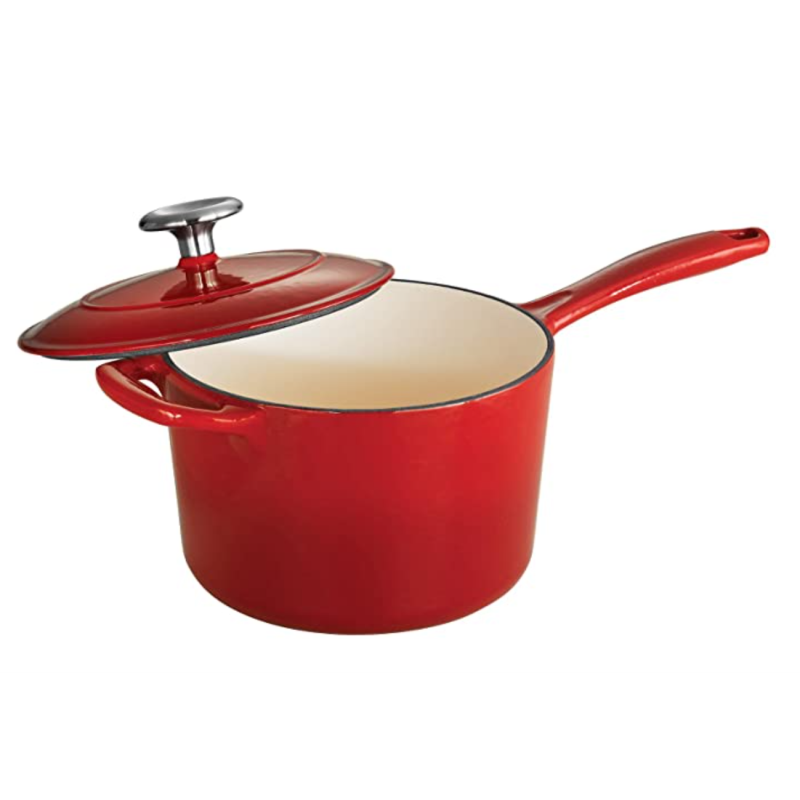- 150m Southwards, West DingWei Road, Nanlou Village, Changan Town, GaoCheng Area, Shijiazhuang, HeBei, China
- monica@foundryasia.com
Nov . 15, 2024 11:38 Back to list
seasoning cast iron grill pan factories
The Importance of Seasoning Cast Iron Grill Pans Insights from Factories
Cast iron grill pans are a staple in many kitchens around the world, thanks to their durability, heat retention, and ability to enhance the flavor of food. However, the key to maximizing the performance of these pans lies in proper seasoning. This article explores the significance of seasoning cast iron grill pans, how factories approach this process, and the benefits of maintaining this essential practice.
Understanding Seasoning
Seasoning is the process of applying a layer of oil to the surface of cast iron cookware and then heating it to create a non-stick coating. This layer not only protects the pan from rust but also improves its cooking performance by providing a natural non-stick finish. The primary oils used in seasoning include flaxseed oil, grape seed oil, and vegetable oil, each offering different benefits and smoking points.
From the perspective of factories, seasoning is not merely a process; it is an art that plays a crucial role in the production of cast iron grill pans. The aim is to ensure that each pan is primed for optimal use right out of the box.
Factory Practices and Techniques
Many manufacturers have adopted sophisticated methods for seasoning their cast iron products. Initially, the pans are cleaned to remove any impurities or residues from the casting process. This is typically done through sandblasting or using chemical agents. Once clean, the pans are dried thoroughly to prevent moisture from interfering with the seasoning process.
seasoning cast iron grill pan factories

After cleaning, the pans are coated with oil. Some factories use automated spraying systems to ensure an even distribution of oil across the surface, while others may opt for manual application. Once coated, the grill pans are subjected to high temperatures in industrial ovens. This step is crucial, as it allows the oil to polymerize and adhere to the cast iron, forming that essential non-stick layer.
Factories often use a multi-layer approach to seasoning, where several applications of oil and high-heat treatments are performed. This results in a thicker, more durable seasoning layer that can withstand repeated cooking sessions without chipping or wearing away. Moreover, the choice of oil can be tailored to maximize the resistances of the finished product, a factor that varies among manufacturers.
Benefits of Proper Seasoning
Properly seasoned cast iron grill pans boast several noteworthy benefits. Firstly, the non-stick surface reduces the need for additional cooking fats, making meals healthier while still providing excellent browning and searing capabilities. Secondly, seasoned pans enhance the flavor profile of dishes as they develop a natural patina over time, often imparting a subtle, savory essence to the food cooked within.
Additionally, well-seasoned cast iron cookware is easier to clean. Unlike traditional non-stick pans that can be damaged with metal utensils, seasoned cast iron can handle abrasion without fear of scratching. A simple rinse and wipe down is often all that is needed, ensuring that maintenance is straightforward and hassle-free.
Conclusion
In summary, seasoning cast iron grill pans is a pivotal process that requires expertise and attention to detail from factories dedicated to producing high-quality cookware. The significance of seasoning transcends beyond mere aesthetics; it impacts functionality, longevity, and the culinary experience provided by these iconic kitchen tools. By understanding and appreciating the value of seasoning, both manufacturers and consumers can ensure that their cast iron grill pans remain not only visually appealing but also a reliable asset in the kitchen for years to come. Whether you’re a homeowner or a professional chef, investing in a well-seasoned cast iron grill pan can unlock a world of culinary possibilities, making it a cherished companion in your cooking journey.
-
Best Cast Iron Frying Pan for Induction Cooktop – Durable & Non-Stick Skillet Supplier
NewsJul.08,2025
-
Best Cast Iron Skillet Quality High Performance Cookware for Grill, Pizza, & Stir-Fry
NewsJul.08,2025
-
Premium Cast Iron Pan Set – Durable, Nonstick & Versatile Cookware for All Kitchens
NewsJul.08,2025
-
Blue Cast Iron Dutch Oven – Premium Enamel Cookware for Kitchen & Baking
NewsJul.07,2025
-
Best Enamel Dutch Oven for Bread - White Enamel Cast Iron Dutch Oven Service & Pricelist
NewsJul.07,2025
-
3.5 Qt Enameled Cast Iron Dutch Oven – Durable, Versatile & Stylish Cookware for Every Kitchen
NewsJul.07,2025